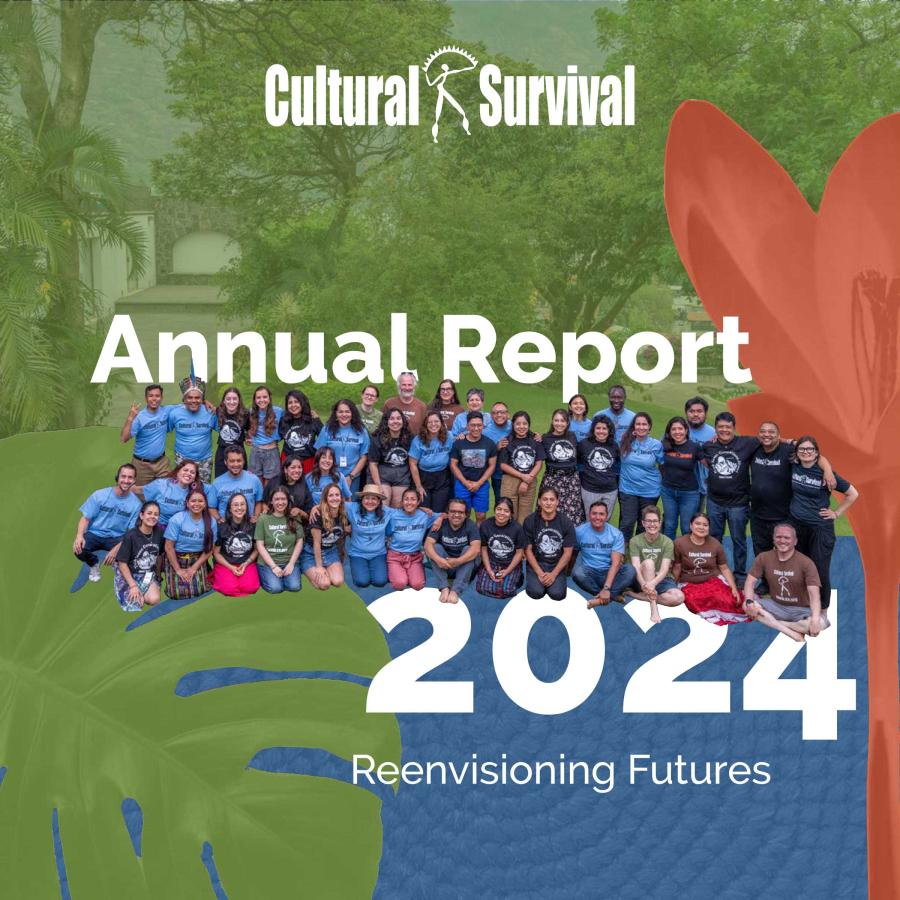Rethinking Globalization: Teaching for Justice in an Unjust World provides a comprehensive introduction to globalization for teachers and students and addresses the sources of global injustice. Filled with photographs, diagrams, cartoons, and fact sheets, the textbook is an invaluable aid in understanding issues such as corporate influence on global injustice, the true power-holders over the supposedly unbiased WTO, and the role of the U.S. consumer in promulgating sweatshops and global inequalities.
The text includes many eye-catching visual aids, but more important is its quality of writing. It presents short, poignant, and easy-to-read essays from many of today's notable writers on the subject. Michael Parenti, radical neo-Marxist, explains "The Myths of Underdevelopment" (chapter three). Environmentalist Bill McKibben writes on global warming in his chapter, "Culture, Consumption, and the Environment." The editors conclude the book with one of their own works about the September 11 terrorist attacks, examining how free market globalization increases fundamentalism in societies, and demonstrating the interconnectedness of all global actions.
The book provides an array of teaching ideas and activities. It provides teachers with a myriad of choices-the volume was written for elementary to college-level classes-and much of the material can be used at many educational levels.
An activity titled "Global Sweatshops" is especially applicable to students, who are all familiar with corporate brands. It may just turn fashion-conscious students into globally conscious justice activists.
In the book's introduction, the editors account for the volume's one major shortcoming. They acknowledge the anti-globalization bias presented in the book and refer to Howard Zinn's view that all curriculums in an unjust world contain a slanted viewpoint. The bias is apparent in the weak representation of the pro-globalization argument in the body of the text—many of these arguments are inapplicable to the editors' view of global justice. Therefore, as well as being an introduction to the topic of globalization, the text is an addition to anti-globalization literature.
Overall, Rethinking Globalization accomplishes its goal of presenting an information-rich source on current justice issues, which will enable educators to raise awareness in their classrooms. The text would be a useful addition to curriculum at the elementary, high school, and college level.
Christopher Cronin was a Cultural Survival intern.



